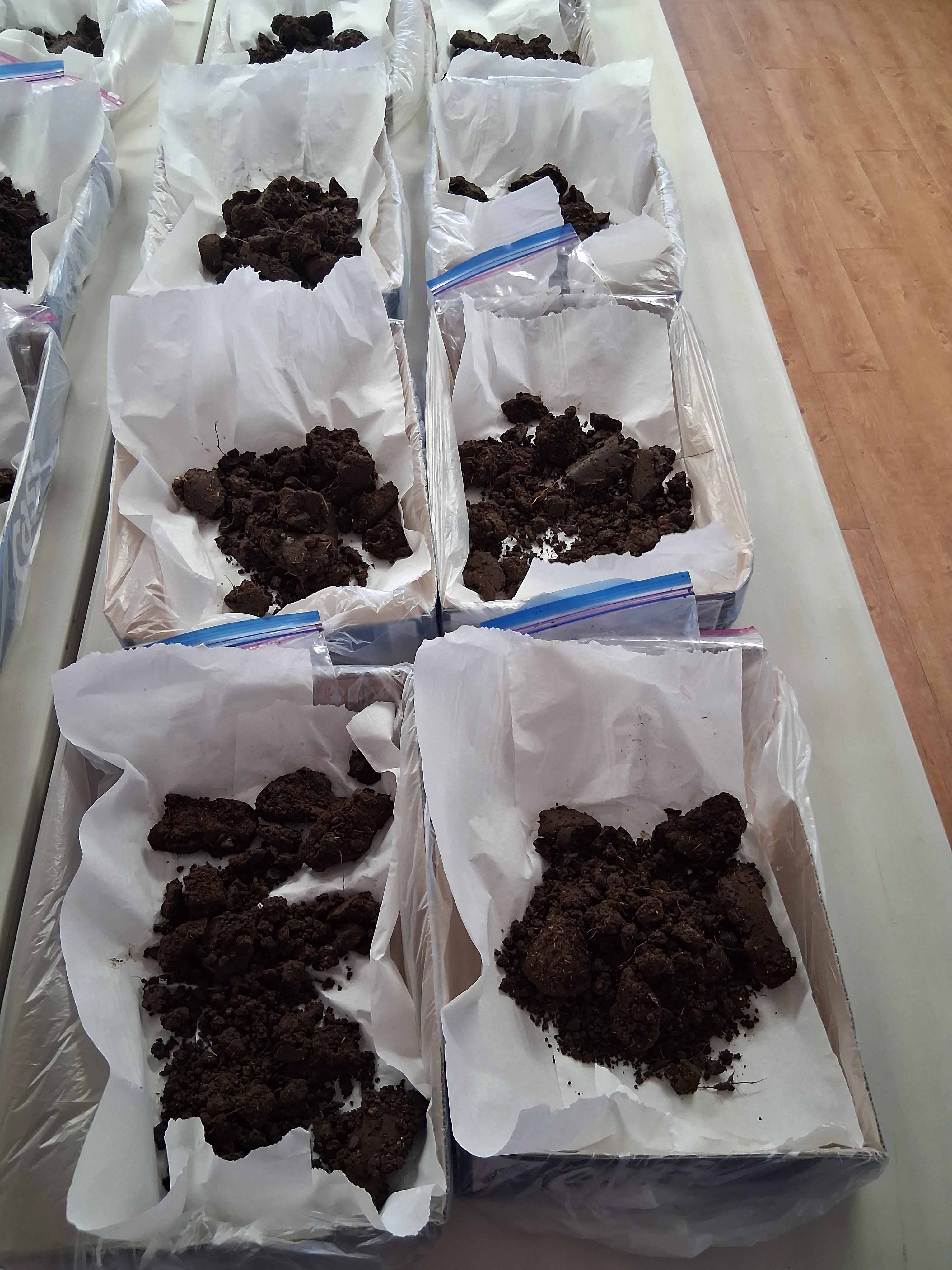Ensuring our local producers have the resources they need to make the best farming decisions, the Northern Marianas College (NMC) Cooperative Research, Extension, and Education Services (CREES) Agriculture Production Program, in collaboration with Division of Land & Natural Resources (DLNR) Division of Agriculture (DoA), collected soil samples from various cultivated and uncultivated plots across Kagman, As Lito, and As Perdido for further analysis.
The samples were collected in February 2025 by the DoA and CREES teams, and were submitted to the mainland US for further analysis. With the samples back on island, NMC-CREES’ Agriculture Production Program Leader and soil scientist Dr. Adrian Ares will present the results at an upcoming seminar next week.
As soils are vital for life on Earth, the completed soil sampling and analysis initiative will provide Saipan farmers with better decision tools to boost yields, improve produce quality, and reduce risks.
Overcoming logistical constraints, the CREES and DoA teams successfully completed field sampling at the DoA Kagman plots, and were trained on sample preparation and shipment techniques, following international standards. Soils were also sampled at the NMC-CREES Agriculture Research Station in As Perdido, as well as the Ma’afala breadfruit orchard in Kagman, and a family-owned farm in As Lito. The samples were promptly sent to the mainland U.S. for analyses.
The results found some key issues in our soil health. Many plots, especially those on higher ground, showed low levels of essential macronutrients like phosphorus and potassium. Boron, a micronutrient, was also low, though its levels varied from place to place. The nutrient deficiencies present will have different effects on crops depending on the farming methods used. Other potential problems identified in the sampled areas were soil compaction and low water absorption, which can be mediated with techniques like cover cropping.
Dr. Adrian Ares, NMC-CREES Agriculture Production Program Leader, who analyzed the data and prepared recommendations, said: “I am thankful to the field personnel, farmers, DLNR-DoA, and the private sector in making this important project possible. In addition to its practical value, it advances the limited knowledge of soils in small, tropical islands.”
Jesus Castro, a long-time farmer from Saipan, shared, “The soil testing project is a major help. My farm in Kagman has been worked since the ‘60s, and without this kind of data, farmers like me were just guessing. The results confirmed that my soil has a phosphorous deficiency, which explains why my root vegetables haven’t been growing well.”
Nutrient deficiencies in soil can impact the produce of plants. Castro continued, “Now I have ample time to add the right nutrients to my soil to ensure a successful harvest of sweet potatoes, yam, and taro.”
NMC president, Galvin Deleon Guerrero, commended the work of CREES, DLNR, DoA, and local farmers. He said, “This is an excellent example of the College’s mission, to cultivate stewardship through scholarship.” He added, “By taking the best that higher education has to offer in research, education, and outreach, we are helping support a vital industry that will bolster food security, protect our environment, and develop our economy, all in ways that are sustainable and regenerative.”
Further study findings and details are to be presented at a seminar hosted by Dr. Ares on August 13, 2025, at the NMC campus. The results will highlight Saipan’s unique soil characteristics and how farmers can use the results to improve their farming decisions and boost crop yields. For more information, please contact Dr. Adrian Ares at (670) 237-6851 or email This email address is being protected from spambots. You need JavaScript enabled to view it..
